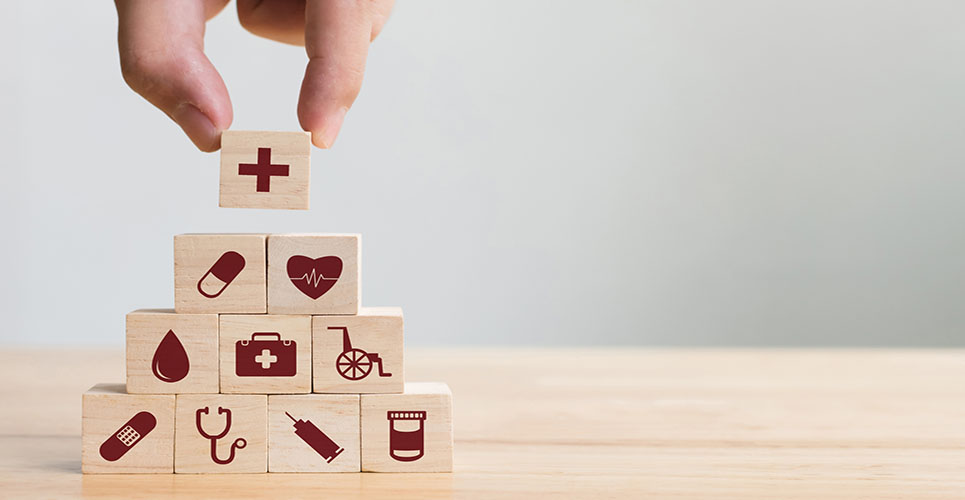teaser
I wear quite a number of different hats, even though you only see one of them in my picture. There is my pharmacist hat, my Ministry of Health hat, my bloggers hat, my director-of-my-local-community-centre hat, and my ex-pat hat, and so on.
I think that the only time I don’t wear a hat is when I am swimming: it’s not necessary with my lack of hair.
These various aspects of my life do mean that I need to read vast amounts to keep up to date. Luckily, I am now able to do all my reading at my desk, online. It seems that we now have a site for literally everything, ranging from ministryofhealth.gov to directorofmylocalcommunitycentre.com.
As a pharmacist, I regularly check the Pharmaceutical Journal site, pharmacyeurope.net, and many others.
As an ex-pat, the one site that is really indispensable is the BBC world news site. Despite my differences of opinion with the world outlook of the BBC (I find it very patronising at times), at least I can keep up with Roger Federer’s antics in real time.
Once in a while I catch something on the BBC that I can really empathise with. One such article was about the North Sea oil rush of the 1970s and the divers tragically left disabled through unsafe practice.
I was really able to feel for their suffering, caused, according to their families, by corporate greed. The BBC report says that “safety was routinely and knowingly compromised in the interests of profits.”
The daughter of a diver killed in the oil rush said: “I am very angry because I have now heard that if they had only spent GBP 10, my dad, and other dads, would be alive today.”

Interestingly enough this story took place at the exact time that pharmacists started to reconstitute cytotoxics in hospitals. I have always felt that many of our current problems with safety can similarly be placed at the feet of industry. (Incidentally the North Sea is now one of safest places to dive, partly thanks to the trade unions; I wish they would help us pharmacists!)
Of course, the parallel between deep-sea divers and pharmacists is by no means exact. In both cases, however, intelligent and well-trained professionals undertook tasks that were potentially dangerous albeit for differing reasons. Pharmacists had their own reasons for taking on a potentially dangerous task, even if the remuneration was not as lucrative as that offered to deep-sea divers. Some of these reasons have been discussed in these columns before.
I think that is fair to say that the drug companies were well aware of the dangers of handling chemotherapy from the outset. They never considered tackling this problem themselves, nor offered assistance in researching ways to make the pharmacists’ working environment safer.
I have no objection to drug companies making healthy profits. Nevertheless, with one or two very notable exceptions, none of them expressed an interest in ploughing back some of those profits to raise safety standards.
The infamous NIOSH alert of 2004 confirmed that we had been incorrectly handling cytotoxics drugs for 25 years. This may have been due partly due to our own short-sightedness and the ALARA principle, but more so because of lack of funding to carry out basic research on this issue.
Even today, long after the NIOSH report, there are still vast numbers of pharmacies around the world where pharmacists and nurses are forced to handle cytotoxics in less than reasonable conditions. Many hospital managers are still dragging their heels when it comes to funding the requested budget in order to purchase “expensive” closed system safety devices.
I hope and pray that, whilst browsing the BBC website, I never come across: “The pharmacist’s daughter said: ‘I am very angry because I have now heard that if they had only spent USD 5 on a safety device for each chemotherapy preparation, my dad, and other dads, would still be alive today.'”
BBC story: Norway’s underwater ‘guinea pigs’
